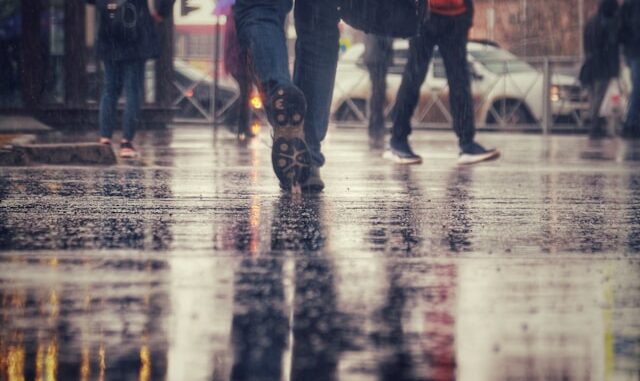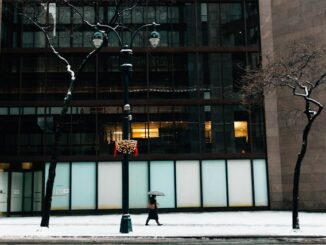
Seeking medical help after a slip and fall accident is not always straightforward, as victims may encounter various challenges that hinder their ability to receive timely and appropriate care. From financial concerns to logistical barriers, these challenges can significantly impact a victim’s recovery and their ability to pursue compensation for their injuries and losses.
One common challenge faced by slip and fall victims is the cost of medical care. Without adequate health insurance coverage, victims may be hesitant to seek medical attention due to fears of incurring substantial medical expenses. However, delaying or forgoing medical treatment can have serious consequences for both health and legal claims. Victims should explore all available options for covering medical costs, including health insurance, government assistance programs, and potential compensation through a legal claim.
Logistical barriers, such as transportation issues or difficulty scheduling appointments, can also hinder access to medical care for slip and fall victims. Victims should reach out to their support network for assistance in overcoming these challenges, whether it’s arranging transportation to appointments or coordinating care with healthcare providers.
Language and cultural barriers may also present challenges for some slip and fall victims, particularly those from diverse backgrounds. Victims should seek out healthcare providers who can accommodate their language and cultural needs to ensure effective communication and understanding of medical treatment options.
Another challenge faced by slip and fall victims is the reluctance to prioritize their own health and well-being amidst the stress and demands of pursuing a legal claim. It’s essential for victims to prioritize their health and seek medical help without delay, as early intervention can prevent complications and improve outcomes in the long run.
In conclusion, overcoming challenges in seeking medical help after a slip and fall accident requires proactive measures and a willingness to advocate for one’s own health and well-being. By addressing financial, logistical, and cultural barriers, victims can access the medical care they need to recover from their injuries and pursue fair compensation for their losses.



